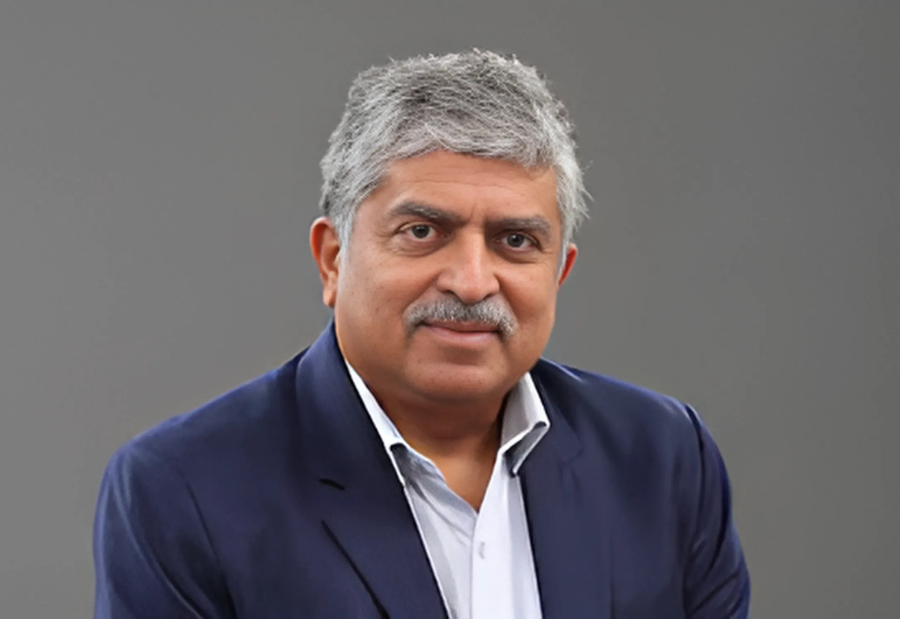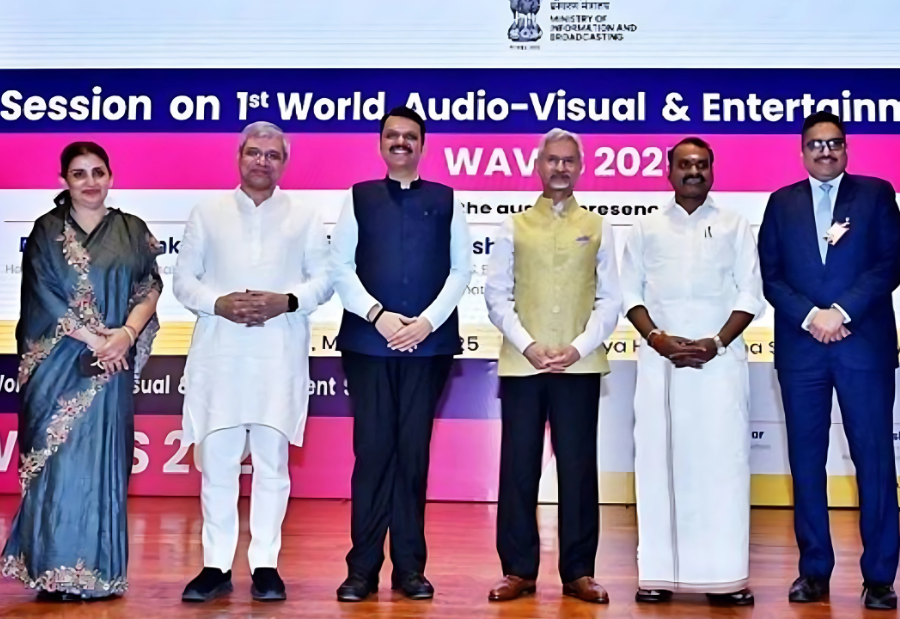The chairman and co-founder of the massive IT services company Infosys, Nandan Nilekani, stated on Monday that India must embrace AI capabilities to reach people if it is to attain 8% growth.
“India’s strength has been how to apply technology at population scale,” Nilekani said, speaking at the Raisina Dialogue.
He now added that India should have to accomplish it in a way that is accessible, affordable, and large-scale.
“We have to do the same with AI and allow people to use AI for education, for health, for language,” Nilekani said.
India’s leading geopolitical and geoeconomic forum, the Raisina Dialogue, is dedicated to tackling the most difficult problems confronting the world community. Political, corporate, media, and civil society leaders gather annually in New Delhi to talk about the global situation and look for ways to work together on a variety of current issues.
In collaboration with the Ministry of External Affairs, the Observer Research Foundation is hosting the conference.
Returning to Nilekani, he proposed the account aggregator concept, which requires Indian businesses to utilize their own data in order to obtain credit.
“Today, only about 10 per cent of personal loans in India are using this system,” he said. “We can dramatically change this — that will again democratize financial services. And then, very importantly, 50 per cent of Indian assets are in land, and land is not fungible, land is not tradable, and they are not able to take that asset and do something with it. And with the advent of technologies like tokenization using public chains, we can make land fungible so people can sell their land or give their land as collateral and get credit,” he noted.
As the Indian technology leader put it, “unlocking the wealth of Indians can get access to money, bringing in another cycle of change.”
He claimed that since the majority of today’s activities take place in major cities, it is time to promote entrepreneurship throughout the nation.
Additionally, he demanded that the Indian economy be further formalized.
“We have a long way to go in terms of formalizing our people,” he said, advocating for more deregulation of businesses.
He recommended decriminalizing laws, clarifying the terminology, eliminating and lowering compliances, and simplifying things.
“Very basic things you have to do to make turbocharged formalization. So I believe that the economy already has the capacity to grow at 6 per cent, and a few sets of reforms, I believe, can take it to even 8 per cent,” he said.
With reference to its upgraded ports, highways, airports, and other infrastructure improvements, he claimed that India has everything it needs to develop. He also emphasized the expansion of fintech and telecom during his address, which has an impact on millions of people in the most distant regions of the nation.
Also read: Viksit Workforce for a Viksit Bharat
Do Follow: The Mainstream formerly known as CIO News LinkedIn Account | The Mainstream formerly known as CIO News Facebook | The Mainstream formerly known as CIO News Youtube | The Mainstream formerly known as CIO News Twitter
About us:
The Mainstream formerly known as CIO News is a premier platform dedicated to delivering latest news, updates, and insights from the tech industry. With its strong foundation of intellectual property and thought leadership, the platform is well-positioned to stay ahead of the curve and lead conversations about how technology shapes our world. From its early days as CIO News to its rebranding as The Mainstream on November 28, 2024, it has been expanding its global reach, targeting key markets in the Middle East & Africa, ASEAN, the USA, and the UK. The Mainstream is a vision to put technology at the center of every conversation, inspiring professionals and organizations to embrace the future of tech.




